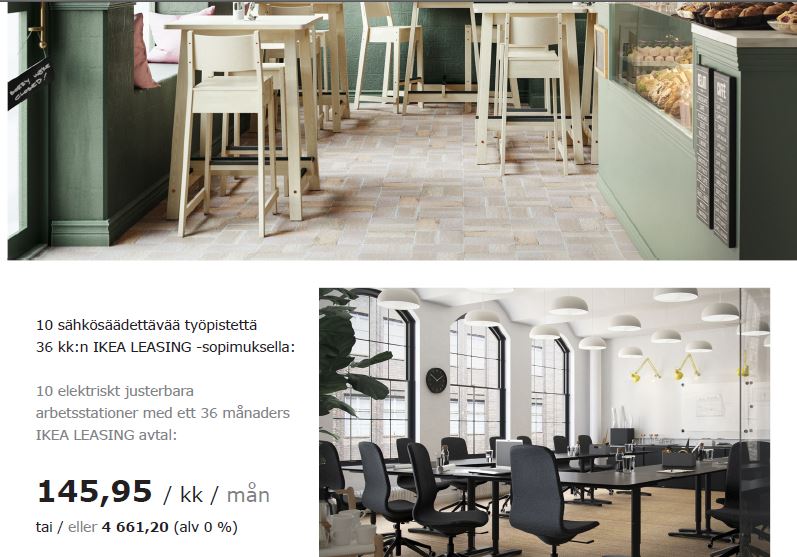IKEA Invests in the Circular Economy

FACTS
- The Swedish group IKEA now expands the pilot they have been conducting for a year in Edinburg, enabling their customers to bring back their furniture in exchange for a voucher. IKEA repackages this furniture and sells them again at a lower price.
- These second-hand sales will also be featured in Glasgow as of next June.
- The group also plans to recycle textile goods in the UK.
CHALLENGES
- Reduce their environmental footprint by 15%. IKEA aims for this ambitious goal as well as for self-sustainability. They also opened a green energy-dedicated store in London. This recycling project by their unit in charge of sustainable growth fully pertains to this objective.
- Rethink their brand image, shift away from “short-lived” furniture. Just like their rivals, IKEA anticipates the deconsumerism trend which is gaining ground among their customers, seeks to improve products’ repairability and extend their life-cycles: spare parts (screws, hinges, etc.), recycled material (wood, textiles, mattresses, etc.).
- Delve into new business models. Recycling their products means looking into a new model which sprang from the advent of circular economy. As a matter of fact, IKEA is testing leasing services for furniture, too. This seems like a logical choice considering their products’ durability.
MARKET PERSPECTIVE
- In the end of 2018, IKEA introduced a leasing offer for corporate customers in Switzerland, in the Netherlands and in Finland. This service lets them rent office equipment (from €1,000) over 12 to 60 months. This option is managed by their subsidiary Ikano Bank.
- Over time, it could be applied to kitchen equipment and, in this case, address individual customers, as well.
- IKEA stresses an overall and ongoing strategic shift. This process involves making changes to their sales formats, too. An inner-city store is set to open in Paris next May, to meet urban customers’ expectations as fewer people drive cars, and many don’t even have one any more.
